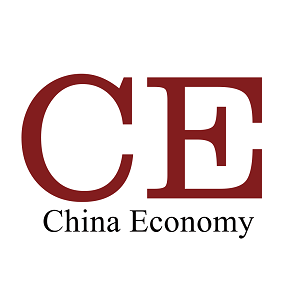HANGZHOU, June 8 (Xinhua) -- Chinese researchers have combined the technology of triboelectric nanogenerator (TENG) with agrotextile to harvest energy from raindrops, offering a new approach to maintain steady power supply for smart farming.
Smart agriculture requires electricity to drive real-time monitoring of factors that may affect crop growth, such as temperature, humidity, and light. However, it is difficult to lay wires in the field, and batteries have limited endurance and risk of pollution, said Ping Jianfeng, a researcher from Zhejiang University.
Heavy rain often causes great loss to agricultural production. Agrotextiles are quite common in greenhouses, protecting crops from rain and offering shade. Ping and his colleagues coated the fiber with two types of special materials, making it a TENG yarn.
According to the research paper published in the journal Nano Energy, the TENG yarn can be woven into a net or integrated into agrotextiles, which can protect crops and farm animals and harvest energy from raindrops at the same time.
The TENG yarn can generate a voltage of 7.7 volt with a 3 cm effective contact length.
Ping said that in the future, new agrotextiles may be connected to storage devices to monitor power supplies.
In 2012, the TENG was developed as a new power-generation technology to convert various mechanical energy from the living environment into electricity, based on the coupling between triboelectric effect and electrostatic induction.
When a raindrop or wave impacts a surface, it produces a perfectly inelastic shock. The amount of energy generated by the impact can be estimated with a mechanical-electric model. For instance, when a raindrop impacts a polymer interface, the polymer starts to vibrate and electrodes embedded are used to recover the electrical charges generated by the vibrations.



